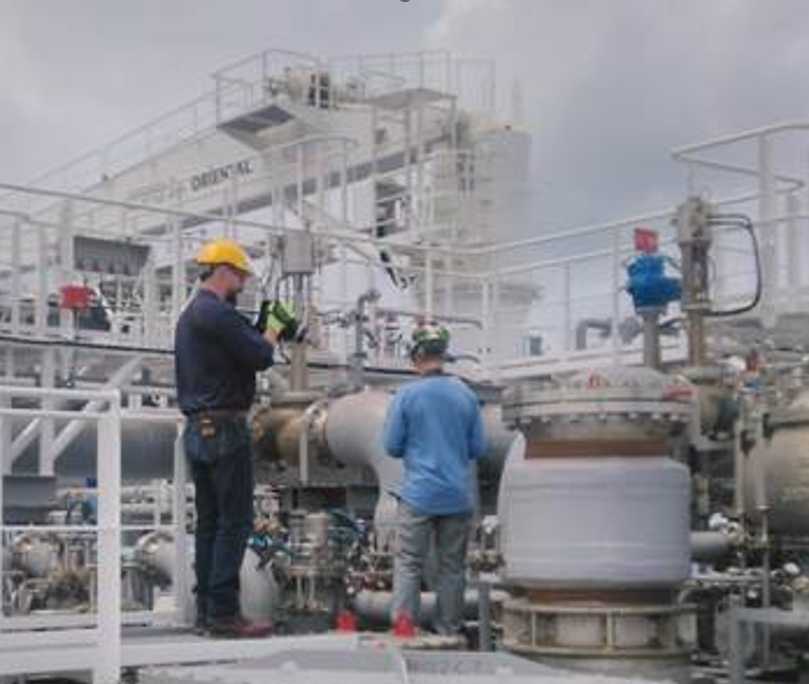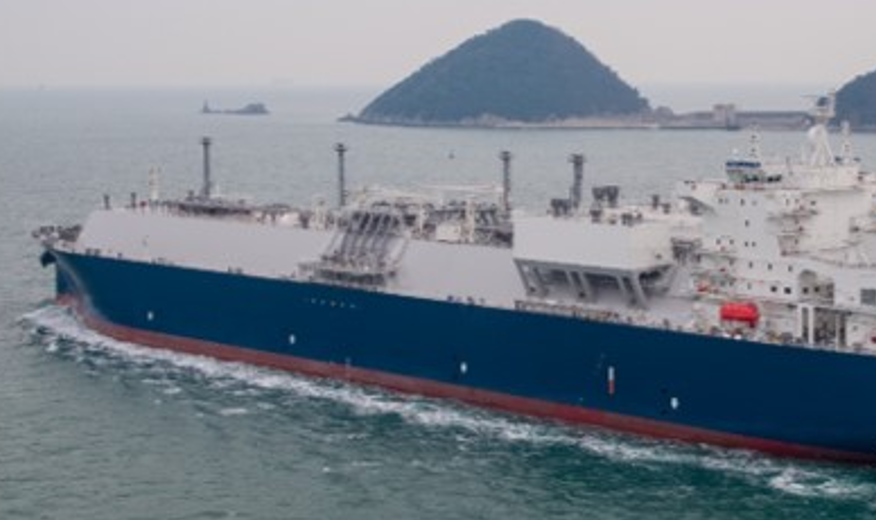Methane
Increasingly, the liquid natural gas (LNG) used in the UK comes from overseas. This LNG market has risen exponentially since the war in Ukraine, but until recently there has been very limited understanding of the greenhouse gas emissions from gas transport ships. Methane contributes over a quarter of today’s man-made global warming, but we lack the data and understanding to drive down the reductions we need to meet climate change targets.
A recent study by researchers from Queen Mary University of London started to change this, with the first measurements of total methane and CO2 emissions from an LNG carrier ship. Researchers, led by Dr Paul Balcolme, went onboard a ship for 1 month to uncover the sources of emissions and collected ship operational data to better understand why emissions occurred. They found that the largest source of emissions could be reduced by half at no cost. The team have worked with the ship operator and several other organisations to act on this new research to drive down emissions.
This ongoing research activity is helping to reduce damaging emissions associated with shipping as part of efforts to reduce the speed of destructive climate change.

Dr Balcolme measuring methane escape onboard a LNG tanker

A LNG tanker

